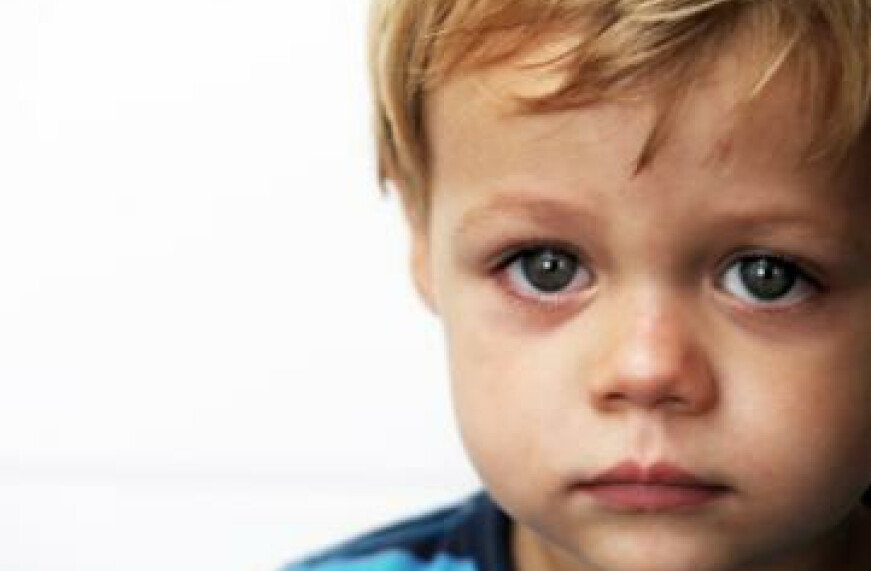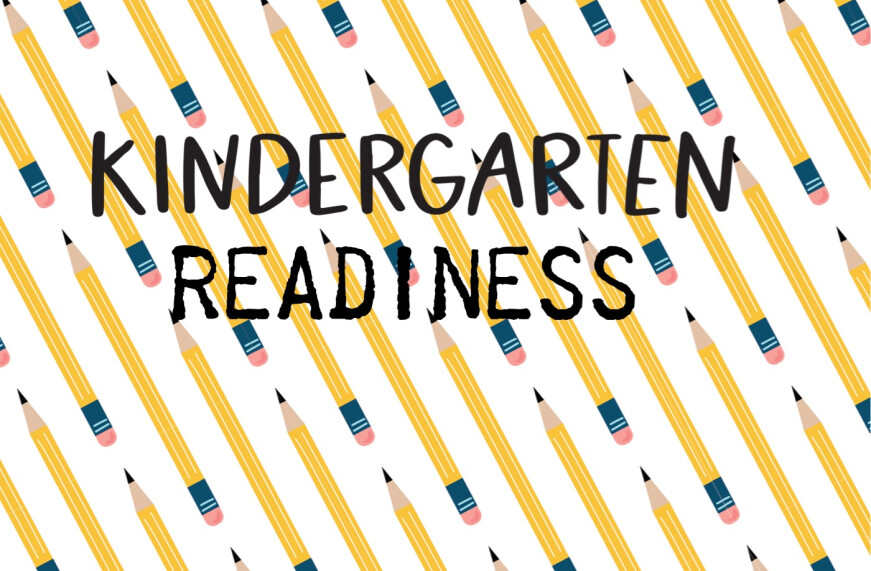Helping Children Cope with Stress

Any major change in a child's life can cause stress. Common sources of stress are the birth of a new sibling or the divorce of parents. Stress also can be caused by the death of a relative or a beloved pet, a family move, separation from parents for extended periods, pressure to succeed, overly strict discipline, and natural disasters (even when the child has only seen them on television). An uncommon stress is the pandemic we are navigating now.
Not all stress can, or should, be avoided. Young children do not view the world as adults do. Misunderstandings or feelings of confusion can build up and leave children with stress they cannot handle alone. Young children cannot easily verbalize these feelings, so we adults must be aware of physical or behavioral changes: loss of appetite, sleep troubles, nightmares, headaches, stomachaches, or regressive behaviors such as thumb sucking.
Children often deal with stress through their play. They may act out events they find disturbing. One child may re-create an airplane crash after hearing about a real airline accident. Another may use dolls to have a conversation about divorce. This type of play helps children cope with events and feelings that might otherwise be overwhelming.
Adults play an important role in helping children cope with stress by providing a supportive atmosphere in which to talk about or play out concerns. We need to acknowledge and accept the feelings children express and give them our support. An attitude of love, understanding, and acceptance helps children get through difficult times.

